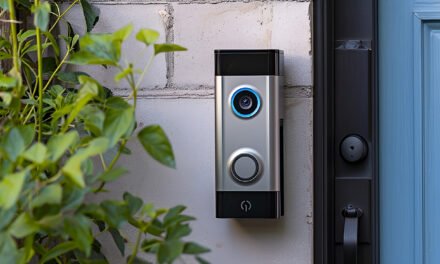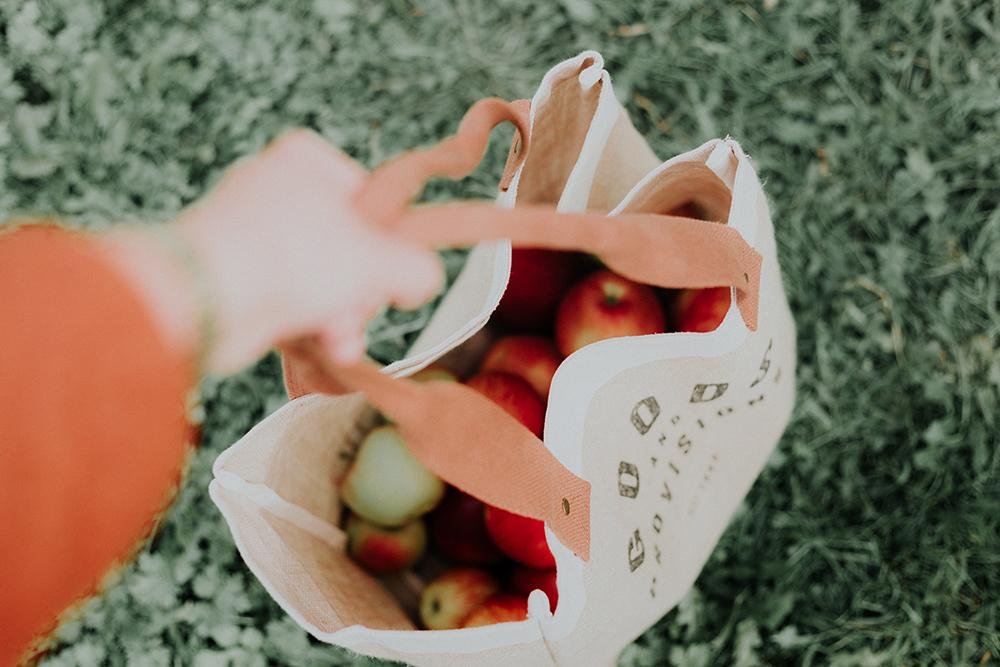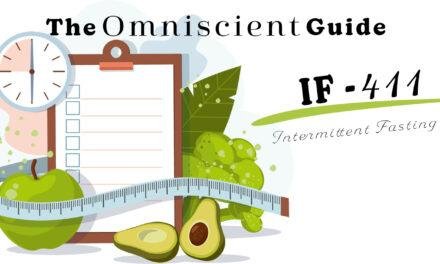The zero waste home happens when we make conscious environmental choices. As habitant of this planet, we must acknowledge our impact on it and how to make a long-term difference for the good of the planet. One way to make a difference is becoming knowledgeable about and adapting a zero-waste home. Adjusting to such a lifestyle is not only possible, but can make a significant impact on the environment.
Simple adjustments, such as the one we are about to share, can make a big difference. The key concept to keep in mind is conscious change. Changing how we affect the earth can never be an all-or-nothing approach, however. It’s doing what you can, when you can. Of knowing that everything you do, no matter how small, will make a difference.
Start today, lower your waste usage. Starting with the zero waste home. Here are 7 tips to get started. Let’s save our planet together.
1. Remove plastic bottles from your home
To understand why plastic shouldn’t be a part of our lives, it’s important to understand what happens to those water bottles we get in a grocery store, or plastic bags, which are slowly disappearing from our everyday lives.
After we drink the water in a plastic bottle, if we don’t recycle it. Which only 29%, does as of three years ago. They end up in landfills, our oceans. In short, they negatively affect the environment. Plastics and styrofoam do not biodegrade. These type of containers take over a thousand years to decompose. In that timeframe, they live in our waterways and landfills and affect our environment and sea life.
The Zero Waste Home Tip
Choose reusable water bottles and get a water filtration system.
2. Composting
Did you know the left-overs, the outer coating of fruits, vegetables significantly affect our environment? There is a simple solution that is easy to adapt and can make a difference environmentally. That solution is composting.
What is composting?
Chances are, unless you are already environmentally conscious, you most likely don’t know what composting is. It’s a solution for recycling organic matter such as food scraps and leaves. The goal of composting is to create enriched soil and plants.
Why would you want to compost?
It’s an excellent way to reduce organic waste. We’ve already mentioned that organic waste affects the environment negatively. When we simply throw away our waste, they end up in landfills where, in America alone, billions of dollars goes into waste management. But before that process, waste in landfills generates methane from the continuous stacking of waste.
Here is another reason adapting a composting process is a good idea. Because of the infrastructure we use, here in America, only six percent of organic waste gets composted. Adapting a zero waste system can help eliminate the amount of waste we generate every day.
The Zero Waste Home Tip
Plan your food scrapping system for effectiveness and don’t forget to remove stickers from the scraps.
3. Buy groceries in bulk
When you buy groceries in bulk, it saves money, waste and the environment. One of the best benefit of bulk buying is the reduction of single-use plastics. Think of when buying in small quantities such as lentils, rice, flour, sugar, and other non-perishable ingredients that you expect to use regularly. Purchasing these items in bulk means buying them less often, therefore reducing the waste send to landfills.
The Zero Waste Home Tip
Shop farmers’ markets. Visit the USDA farmers’ market directory to find one locally. Also, buy bulk food from warehouses such as Costco and BJs.
4. Don’t forget your own grocery or fruit bags instead of buying more
Grocery stores currently no longer use plastic bags, but they do offer paper and most are selling reusable bags. It’s important to remember that even reusable bags require resources to produce that affect our environment. So, do your best not to be absentminded and don’t forget your reusable bags. Create a system that, when it’s time to buy groceries or visit the farmers’ market, reaching for your reusable bags is automatic.
The Zero Waste Home Tip
You should keep them in the trunk of your car if you drive. If you don’t drive, purchase foldable bags that fit in your handbag or purse. If you forgot to bring one in, stop and get it, or leave without items being packed in a bag.
5. Adapt a repurposing lifestyle
We often feel that going zero waste requires a fresh start, however there is a simpler way to go zero waste on a budget. Repurposing what you already have is a great way to save money.
For example, there’s no need to go out and purchase many mason jars. Repurpose the spaghetti sauce jars, the candle jars, the pickle jars, you get the idea! Make something new or an alternate use out of an older item. This is an excellent way to adapt to a zero waste lifestyle and reduce waste in our environment.
The Zero Waste Home Tip
To remove labels from jars, soak the jar in water for a few minutes, the label should come off easily. Scrape off as much as you can. If it doesn’t work, coat the label with coconut oil and wait a few hours for it to peel off.
A sticky, gluey smear will most likely cover the glass jars. Eucalyptus oil can remove it. Apply a small amount with an old rag and wipe clean.
6. Store Food in Zero Waste Containers
We all know plastic is cheaper. This especially applies if it’s food containers. Choose to spend the slight difference and get glass instead. Choose a glass or metal container because they are recyclable by you and likely by the food distributors such as milk and juice distributors.
Here is another reason to choose glass. Glass doesn’t leach chemicals. As a result, it is better for repurposing and reusing repeatedly before recycling is even considered. If you are considering a zero waste life. Using glass instead of plastic is a great place to start.
The Zero Waste Home Tip
Buy repurpose containers at second-hand or thrift stores.
7. Waste-free Kitchen Clean up
There are a few ways to adapt to zero or reduced waste with kitchen cleanup. There are many dish detergents that are now organic. Still, they are in plastic bottles. Consider buying a glass pump, purchasing dish detergent in bulk and transfer the detergent to the glass container as needed.
Then there are the paper towels. Switching from paper to cloth is an excellent way to incorporate zero waste and make a difference in the environment.
Also, use plastic-free sponge or an eco-friendly loofah substitute that is 100% compostable and washable (an intriguing fact) because of its vegetable nature. Better yet, switch to cloth.
The Zero Waste Home Tip
Consider using dish cloth instead of sponge. Wash the dish clothes with your laundry.
8. Switch to digital
Drastically reduce paper by choosing digital. Read books and magazines on a tablet. Another way to reduce use of plastics? Download music, and videos don’t buy CDs or DVDs.
Another way to switch to digital? It’s becoming more and more common to get receipts for purchases via email. When shopping, if a retail store offers the option to get a receipt via email, choose it and forgo the paper option.
One more option! Choose to receive bills electronically. More and more companies offer a discount for paperless billing. Choose it and reduce your waste.
The Zero Waste Home Tip
Streaming is the way to watch movies and listen to music. Consider subscribing to services such as Netflix and Spotify.
9. Try a Bidet
There was a time that hearing the word bidet conjures two responses. What is it? And if you already know what it is, the assumption is that it’s for the rich. These days, bidet usage is more common. Choosing to get a bidet attachment for your toilet will be a novel experience for cleaning down there and a chance to incorporate another zero waste process in your life. A bidet on your toilet means lower use of toilet paper, which means less environmental waste.
The Zero Waste Home Tip
Because they are more common, finding one that is reasonable could be as simple as visiting bulk warehouses such as Costco.
Don’t forget plants
There are so many reasons you should love plants. We share ten of them in this post. Here is another reason to consider adopting a green thumb. Instead of spending funds on decor to fill small spaces in your home, consider placing plants in those conspicuous places. They never go out of style and will clean the air you breathe.
The Zero Waste Home Tip
Think you don’t have a green thumb? That’s okay, a lot of us don’t. Did you know there are apps that teach how to care for house plants? Bob Vila’s website has an excellent post on plant identification apps.
Summary
Creating a zero waste sustainable home is becoming more common these days. In reality, and if you think about it, there are things you do subconsciously in your everyday life that’s sustainable. However, with adapting an eco-friendly lifestyle, the key is taking your efforts from subconscious to conscious. To live sustainably requires thought before action and the realization of the consequence of your actions. Zero waste is not possible without deliberate intent. It’s also not an all-or-nothing approach.
Fullrliving has adapted the concept of doing what you can, when you can, and we invite you to do the same.
Related: Eco-Lifestyle Changes To Make For A Better Environment


















